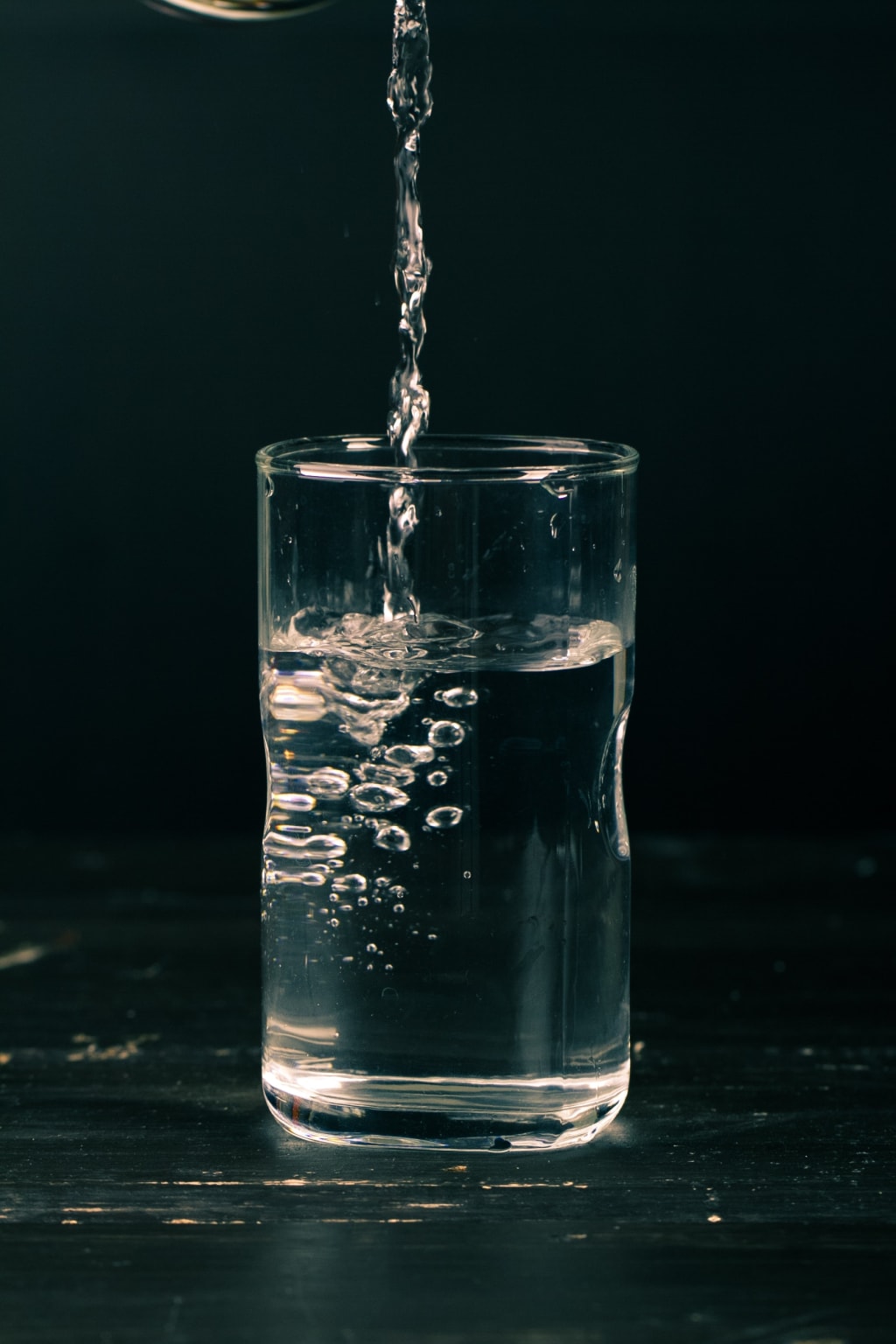
Introduction
Water is an omnipresent resource, found in diverse forms across the Earth, from soil moisture and ice caps to the very cells inside our bodies. An average human's composition is approximately 55-60% water, and interestingly, newborns are even wetter, containing about 75% water, akin to fish. However, as they grow, their water content decreases to 65% by their first birthday. This article explores the vital role of water in our bodies and delves into the significance of adequate hydration for maintaining good health.
The Role of Water in Our Bodies
Water serves a multitude of essential functions in the human body. It acts as a cushion and lubricant for joints, regulates body temperature, and nourishes the brain and spinal cord. Remarkably, water makes up a significant portion of various organs: an adult's brain and heart consist of nearly three-quarters water, roughly equivalent to the moisture content in a banana, while the lungs are akin to an apple at 83%. Even seemingly dry human bones contain 31% water.
The Need for Hydration
Given that we are primarily composed of water and surrounded by it, why is it necessary to drink ample amounts every day? The answer lies in the fact that we lose around two to three liters of water daily through sweat, urine, bowel movements, and even breathing. While these functions are vital for our survival, we must replenish the lost fluids to maintain a balanced water level and prevent dehydration or over-hydration, both of which can have severe repercussions on our overall health.
Dehydration: The Consequences
When the body detects low water levels, sensory receptors in the brain's hypothalamus trigger the release of antidiuretic hormone. This hormone, upon reaching the kidneys, stimulates the creation of aquaporins, specialized channels that enable the blood to absorb and retain more water, resulting in concentrated, dark urine. Dehydration can lead to noticeable drops in energy levels, mood swings, reduced skin moisture, lower blood pressure, and signs of cognitive impairment. A dehydrated brain must work harder to perform the same functions as a well-hydrated brain, and it even temporarily shrinks due to the lack of water.
The Dangers of Over-Hydration
On the opposite end of the spectrum, over-hydration, or hyponatremia, can occur when too much water is consumed in a short period. Athletes are particularly vulnerable to over-hydration due to challenges in regulating water levels during intense physical activities. An over-hydrated brain reduces or even stops releasing antidiuretic hormone into the blood, leading to the dilution of sodium electrolytes in the body and causing cell swelling. In severe cases, the kidneys may struggle to process the excessive volume of dilute urine, leading to water intoxication, which can manifest as headaches, vomiting, and, in rare instances, seizures or even death.
Striking a Balance
For those fortunate enough to have access to clean drinking water, maintaining a well-hydrated system on a daily basis is relatively straightforward. The conventional wisdom of drinking eight glasses a day has been fine-tuned, and now, the recommended daily intake varies based on factors like weight, gender, activity level, and the environment. Generally, men are advised to consume between 2.5-3.7 liters of water daily, while women require about 2-2.7 liters. Additionally, the intake may need adjustment based on an individual's health condition, age, and exposure to extreme heat.
Beyond Water: Hydration from Other Sources
While water is undoubtedly the healthiest hydrator, other beverages, including those containing caffeine like coffee or tea, can also replenish fluids. Moreover, about a fifth of our daily water intake comes from water-rich foods like strawberries, cucumbers, and broccoli, which contain over 90% water and provide valuable nutrients and fiber. Choosing a variety of hydrating foods can enhance overall liquid intake and contribute to better hydration.
Long-Term Benefits of Proper Hydration
Maintaining optimal hydration levels has been associated with various long-term health benefits. Studies suggest that proper hydration can help reduce the risk of stroke, aid in diabetes management, and potentially lower the likelihood of certain types of cancer. Staying well-hydrated positively impacts how we feel, think, and function in our daily lives.
Conclusion
Water, the elixir of life, plays an indispensable role in our bodies, from regulating temperature to nourishing vital organs like the brain and heart. Adequate hydration is crucial to prevent dehydration or over-hydration, both of which can have detrimental effects on health. Striking the right balance in water intake based on individual factors is essential, and embracing hydrating foods along with water can further enhance overall well-being. Remember, the benefits of staying hydrated extend far beyond quenching our immediate thirst, contributing to a healthier and more vibrant life.
FAQs
1. How much water should I drink daily?
The recommended daily water intake varies based on factors like weight, gender, activity level, and environment. Generally, men should aim for 2.5-3.7 liters, while women require about 2-2.7 liters.
2. Can I stay hydrated with beverages other than water?
Yes, while water is the healthiest hydrator, other beverages like coffee, tea, and certain juices can also replenish fluids. However, it's essential to monitor added sugars and caffeine content in such beverages.
3. Are there risks of over-hydration?
Yes, excessive water consumption in a short period can lead to over-hydration or hyponatremia, causing sodium electrolyte dilution and potentially serious health issues.
4. Can water intake impact long-term health?
Studies suggest that optimal hydration can have long-term benefits, including reducing the risk of stroke, aiding in diabetes management, and possibly lowering the risk of certain cancers.
5. What are the signs of dehydration?
Dehydration may cause reduced energy levels, mood swings, dry skin, low blood pressure, and cognitive impairment. Dark urine can also indicate dehydration.





Comments
There are no comments for this story
Be the first to respond and start the conversation.